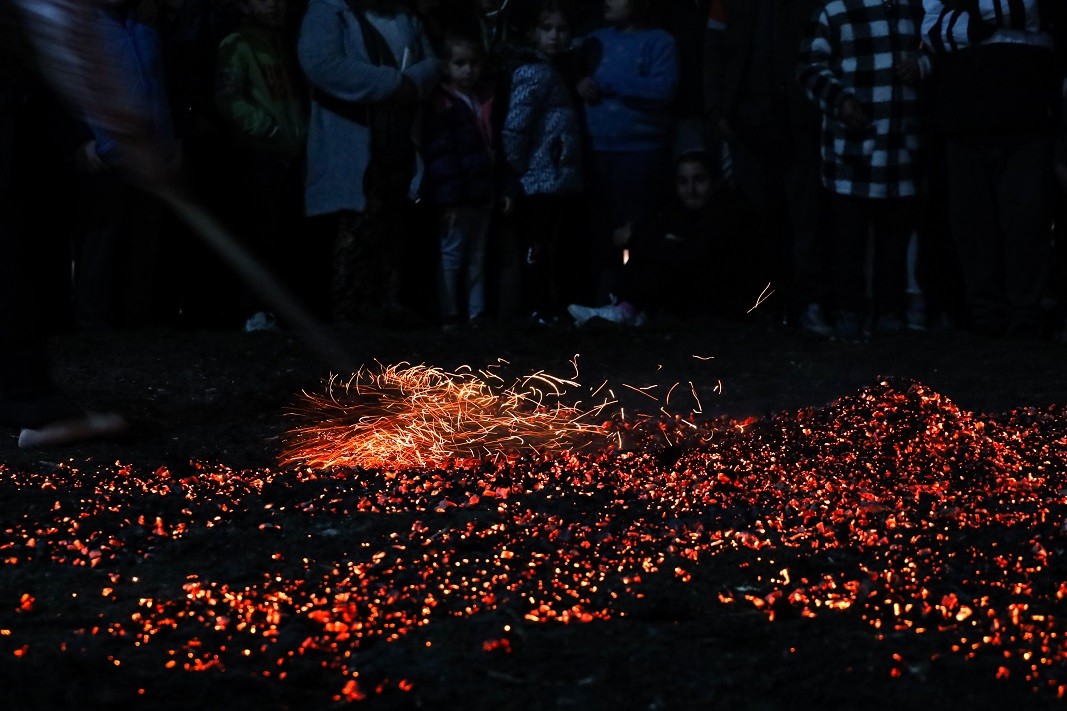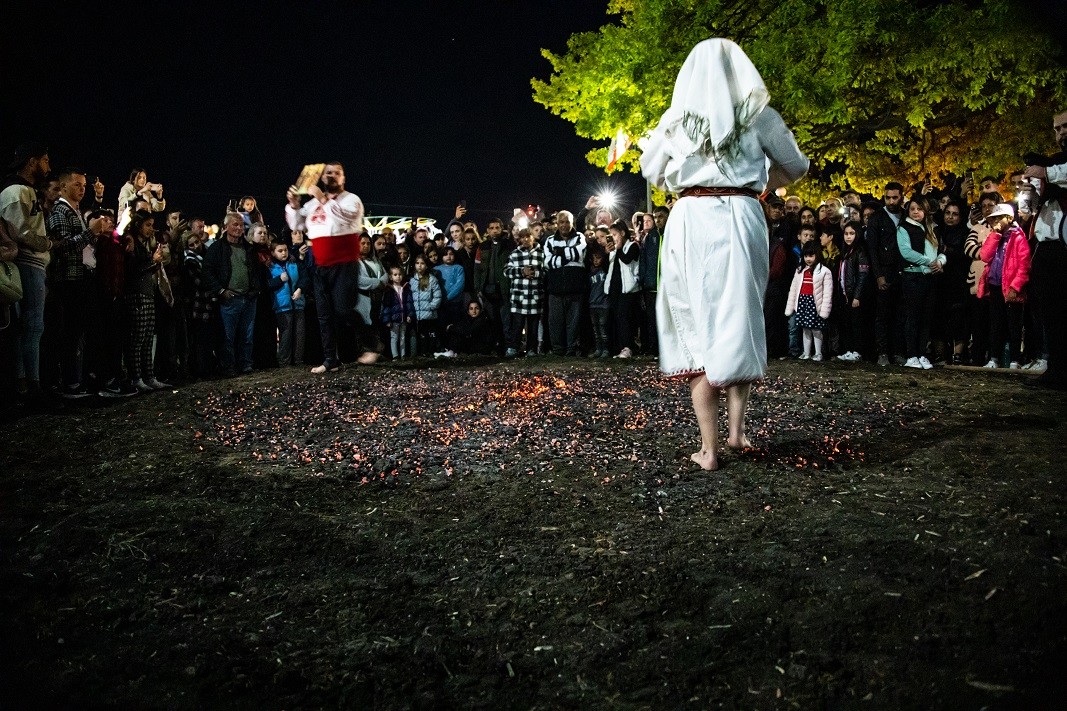Roman emperor Constantine the Great (AD 306 to 337) introduced the Christian religion as official in the Byzantine Empire. His mother, Helena, discovered the cross on which the Savior was crucified and built several monasteries in the Holy Land. The discovery of the Cross is considered the most important event in the history of Christendom, and Emperor Constantine and his mother Helena were canonized as saints.
In Bulgarian folk customs, the feast intertwines the traditions of Christianity with pagan traditions of dancing on live coals - the Nestinari dance. It is preserved to this day in some areas, in its original form. In many places it is also performed as a show for tourists.


The 85 th anniversary since Southern Dobrudzha returned within the bounds of Bulgaria will be celebrated with an official ceremony on 1 October in Silistra, the Bulgarian news agency BTA reports. Representatives of the local and central..
Bulgarian Patriarch Daniil met with Ecumenical Patriarch Bartholomew in Thessaloniki, the Bulgarian Patriarchate announced. The two discussed the centuries-old spiritual ties between the Ecumenical Patriarchate of Constantinople and the Orthodox..
On September 22, 1908, Prince Ferdinand I proclaimed Bulgaria’s independence in a manifesto, formally establishing the Third Bulgarian Kingdom. The location was chosen with care: the Church of the Forty Martyrs in the old capital, Veliko Tarnovo,..

+359 2 9336 661
